Art. 55 Code of Civil Procedure addresses the most important issue of any civil process - evidence. What is it, and what are the requirements for them, described below.
Concept of evidence
In civil proceedings, two things are meant as evidence. On the one hand, evidence is information about facts and circumstances that are relevant to the case; on the other hand, they mean certain tangible objects (documents, expert opinions, material evidence). The first group includes witness testimonies that do not have material embodiment. The minutes of the meeting only fixes them.
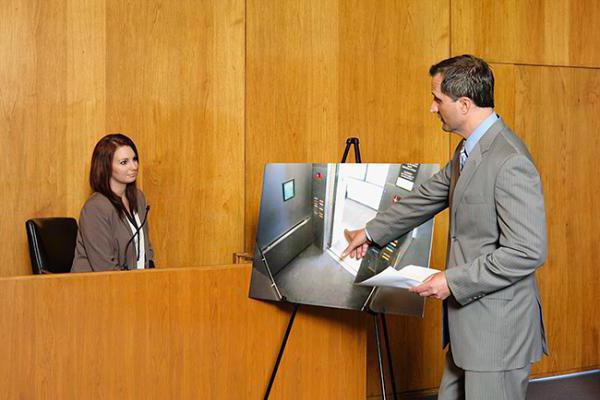
In some comments on Article 55 of the Code of Civil Procedure, the dual approach is assessed as not the consistency of the legislator in the formulation of the norm.
What role do evidence play?
The parties to the case refer to certain circumstances from which the court should proceed, making a decision. The court decision also depends on whether it was possible to prove their presence or absence. A set of circumstances that need to be clarified to resolve the dispute is called the subject of proof. In each civil case, he is individual, in contrast to the criminal process. There, the subject of proof is the same for all cases.
Legislative regulation
Art. 55 GIC contains the concept of evidence, describes their types and general requirements for them.
The following articles cover in more detail the categories of evidence, the procedure for obtaining them, and the principles of assessment.
Rules of evidence are not limited to procedural law. They are contained in a whole array of laws and regulations.

For example, the Civil Code indicates restrictions in proving the fact of transactions. They are forbidden to confirm with testimony, only documentary evidence is allowed, with the exception of consumer disputes with sellers.
If the Civil Code explicitly speaks of admissible evidence, then other regulatory acts should be taken into account based on their meaning. For example, the requirements for how documents should be formed are sometimes set forth in by-laws, which do not say anything about the admissibility of evidence.
This includes the order of receipt and the rules of execution, as indirectly mentioned in Art. 55 GIC.
The explanations of the Plenum of the Armed Forces of the Russian Federation of a general nature and examples from practice in specific cases issued in the reviews contribute to their share.
Legislative changes
Beginning in 2002, one change was made to the article under discussion, or rather, an addition giving the right to interrogate witnesses and receive explanations from the parties using video-conference communication.
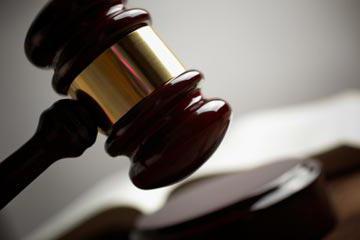
No other changes are planned so far. Art. 55 Code of Civil Procedure of the Russian Federation in the current edition can be called one of the most stable articles of the code. In comparison, many articles have been completely changed or deleted.
Not so long ago, it was proposed to adopt a new Code of Civil Procedure, combining the civil and arbitration process, in connection with this, some changes to the rules on evidence and proof were proposed. However, the idea of a new procedural code was not accepted with approval and the system of regulation of evidence remains the same.
What circumstances does the court pay attention to
Art. 55 GIC divides them into two categories:
- the parties refer to some in their statements, objections, especially if they are stated in writing;
- the importance of their research is determined by law, even if the parties do not affect it in any way.
For example, it is important whether the expert invited to give an opinion is competent enough, and whether his findings are consistent with the law and the available case materials.
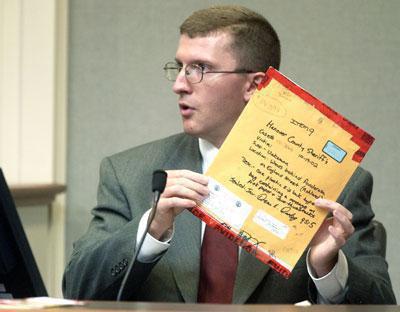
In disputes about the right to housing, the plaintiff often accuses the defendant of illegal entry, while the court is forced to check what rights the plaintiff has. This may not be indicated in the lawsuit, but these facts are relevant to the case. The plaintiff may not have the right to make any demands on the defendant.
Evidence
Art. 55 h. 1 Code of Civil Procedure of the Russian Federation gives a brief description of the possible evidence, it must be said that it is incomplete. However, the gap is removed by the following articles of the code.
What does the legislator propose to use as evidence?
- explanations of participants in the process (parties and third parties);
- testimony of witnesses;
- written evidence (acts, certificates, diary entries, etc.);
- expert opinions;
- audio and video recordings;
- evidence.
Explanations of the participants in the process
The explanations are interesting as a source of information provided by parties, third parties, experts and specialists. Explanations provide a greater insight into the circumstances of the dispute, to see what was not said in the lawsuit.
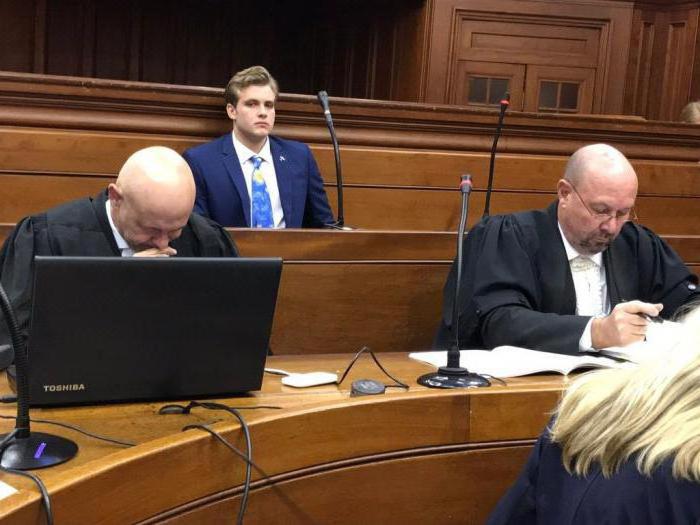
I must say, statements to the court are compiled by simply listing the facts and many nuances, knowingly or not, are omitted. Explanations fill this gap.
They are given by experts if in conclusion something is not entirely clear. Interestingly, in judicial practice, some judges summon experts to the court, not for explanation, but to testify. The difference in the status of the explanations is that when giving them, a person is not obliged to tell the truth, in the case of testimonies it is an obligation to tell the truth, otherwise sanctions will be applied.
The court has the right not to accept explanations due to the fact that they were given under the influence of delusion or deception, because of violence or its threat, as evidenced by Art. 68, not Art. 55 Code of Civil Procedure of the Russian Federation.
Explanations are given verbally or in writing, the oral narrative is recorded in the minutes of the meeting.
Witness statements
Art. 55 Code of Civil Procedure of the Russian Federation separates the parties from the testimony of witnesses. A witness, a person who does not participate in the case (does not apply to parties or third parties), who has knowledge of the circumstances of the case. Any person who knows something can become a witness, provided that he is able to name the source of his awareness. Saw or heard something in person or received information from another person.
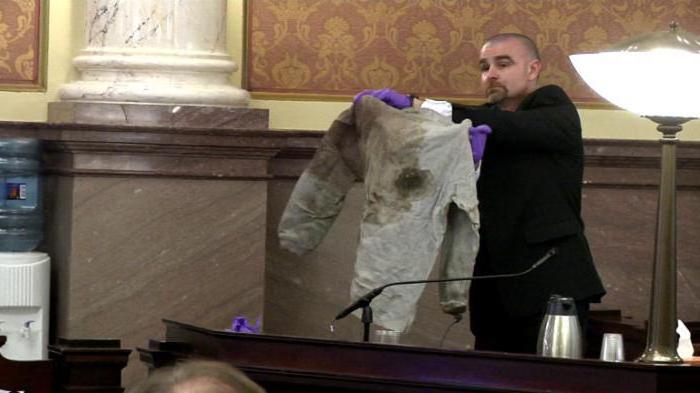
Witnesses are warned of responsibility for refusing to testify or for providing false information. Before interrogation, a receipt of this is selected.
However, rarely someone is involved in a criminal article. A person can be mistaken in good faith and unwittingly distort something in his story, say about something that actually did not exist or keep silent about something. In this regard, the wording about the critical attitude to the testimony obtained and their exclusion from the evidence is often used.
Written evidence
Under written evidence GIC means all possible documents in paper and electronic form. The main requirements:
- conformity to form;
- issued by authorized persons in the manner prescribed by law;
- The information set forth in them is relevant to the circumstances of the case.
The status of written evidence has expertise conducted at the initiative of one of the parties before filing a claim.
Expert Conclusions
Expert opinions - the results of the study, expressed in answers to questions posed by the court.
An expert is a specialist in a certain field who has passed certification, his activity provides for responsibility for giving a false opinion or for refusing to give an opinion.
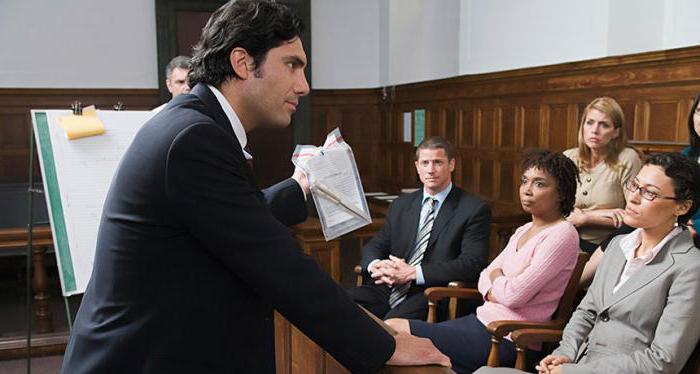
The study is conducted on the basis of materials provided by the court, the expert is not entitled to collect them independently.
The conclusion may be recognized as incomplete or completely unsuitable due to inconsistency with other materials of the case, not in doubt.The judge may either appoint a new or additional examination, or be satisfied with the results of the initial investigation when making the decision.
Audio and video recordings
Citizens are now actively using new models of phones and handheld computers to produce records in various formats. However, their provision is limited by law. For example, shooting intimate moments of a person’s life is not accepted, and as a way to prove cheating on a spouse is not good.
Records made in institutions and organizations are not considered to affect privacy. Such a survey is evaluated from the extent to which it is in the public interest. For example, a parent secretly recorded how an employee of a child care institution is not properly performing his duties.
Nevertheless, the process of obtaining evidence of the Code of Civil Procedure is limited by moral criteria.
Evidence
A controversial subject or other things and objects on which traces remained, confirming to one degree or another the facts set forth in the lawsuit. By the way, documents may also relate to them not because of their content, but because of traces on them.
Assessment of evidence
The law in part 2 of article 55 Code of Civil Procedure of the Russian Federation prohibits the use of evidence obtained in violation of the law. For example, it is proposed to attach to the case a document on which there are no seals or signatures of the responsible officials and other details. Doubtful copies of documents whose authenticity cannot be verified.
The procedure for obtaining a document is also evaluated. For example, only the ITU and no other body are entitled to assess the level of disability, and the opinion of an individual doctor does not replace an expert opinion.
A more serious flaw is the abuse of authority by the person who issued the document.
The results of examinations are not accepted due to a violation of the procedure: the expert independently, without the knowledge of the court, collected materials, or there is evidence of his bias.